Explaining concepts(分5个等级解释概念) - Tailored Learning Explanations
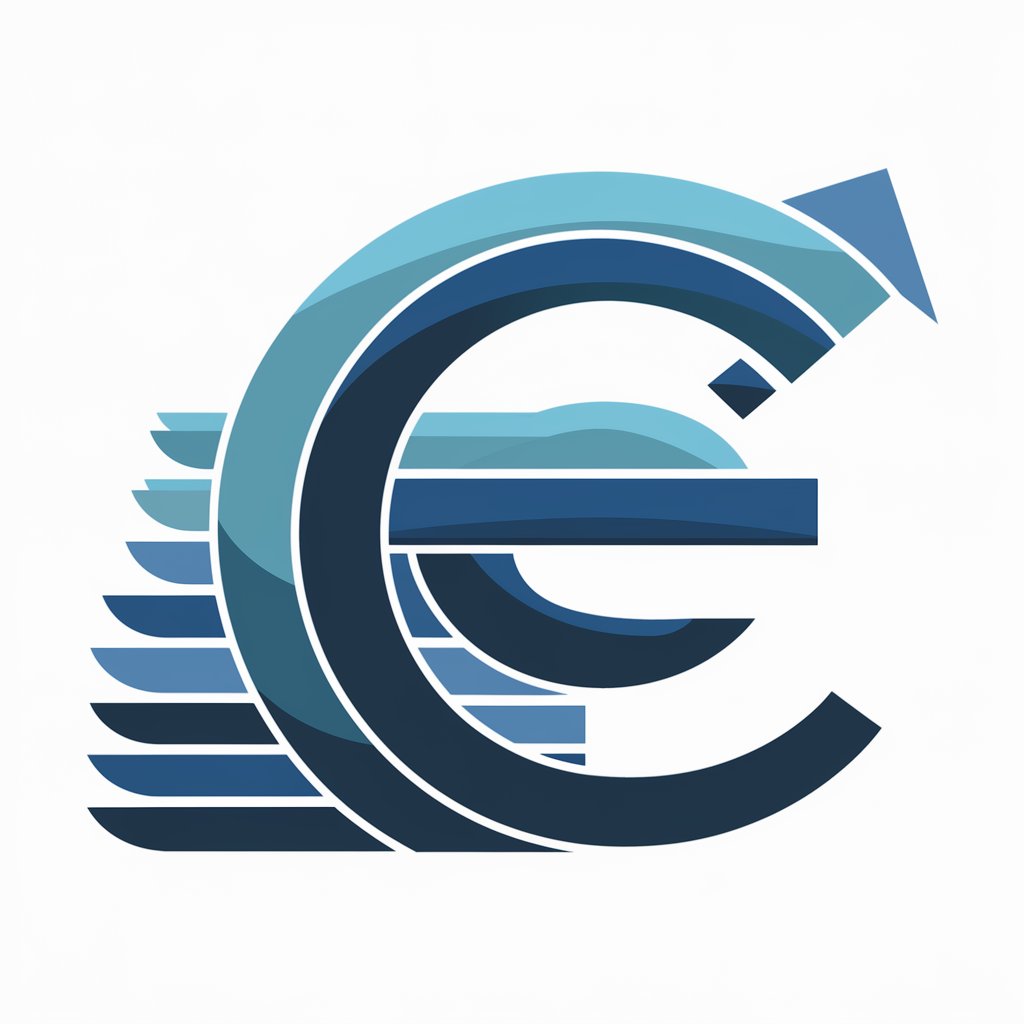
Welcome! Let's dive into learning together.
AI-Powered Learning, Simplified
Explain the concept of quantum computing at an intermediate level.
Describe the principles of photosynthesis for a beginner.
Analyze the impact of climate change on global ecosystems at an advanced level.
Discuss the theories of relativity for someone with a basic understanding of physics.
Get Embed Code
Understanding Explaining Concepts (分5个等级解释概念)
Explaining Concepts is a specialized model designed to elucidate concepts across five distinct learning levels: Beginner, Basic Understanding, Intermediate, Advanced, and Expert. Each level tailors the explanation of information to match the learner's current understanding and capacity. For example, at the Beginner level, the focus is on memorizing facts and data, suitable for those new to a topic and needing foundational knowledge. In contrast, the Expert level targets individuals with deep professional knowledge, seeking to expand or refine their expertise with cutting-edge insights and discussions. This gradated approach ensures that learners at any stage can enhance their understanding effectively. A scenario illustrating this might involve a student learning about photosynthesis. At the Beginner level, they would memorize the basic equation for photosynthesis. Moving to Basic Understanding, they'd learn why plants need photosynthesis. By the Intermediate stage, they could apply this knowledge in practical experiments. At the Advanced level, they might analyze how different light spectra affect the rate of photosynthesis. Finally, as an Expert, they would explore genetic modifications to optimize photosynthesis in crops. Powered by ChatGPT-4o。

Core Functions and Applications
Tiered Conceptual Clarification
Example
When explaining quantum mechanics, at the Beginner level, the model might start with the dual nature of light. Moving to Basic Understanding, it elaborates on wave-particle duality. At Intermediate, it could discuss the implications for atomic behavior. Advanced learners would delve into quantum entanglement and its paradoxes. Experts would engage in discussions on the latest theories in quantum gravity.
Scenario
Used in educational settings, from elementary schools through to university and professional development programs, to scaffold learning effectively.
Real-world Application Guidance
Example
For computer programming, a Beginner might learn syntax basics. Moving to Basic Understanding, they explore writing simple programs. At Intermediate, they apply this to develop a small project. Advanced learners optimize code efficiency and security. Experts contribute to open-source projects or develop new algorithms.
Scenario
Beneficial for self-learners, coding bootcamps, and professional development workshops, helping participants apply knowledge practically at their skill level.
Critical Analysis and Innovation Encouragement
Example
In the context of environmental science, Beginners understand pollution sources. Basic Understanding learners examine pollution's effects on ecosystems. Intermediate learners analyze case studies on mitigation efforts. Advanced learners evaluate policy effectiveness and propose improvements. Experts lead innovative research in sustainable technologies.
Scenario
Utilized by think tanks, research institutions, and policy-making bodies to foster deeper understanding and innovative solutions to environmental challenges.
Target User Groups
Students and Educators
Students of all levels benefit by receiving information suited to their current understanding, while educators can use the model to prepare materials that cater to diverse learning needs and track progress across different comprehension levels.
Professionals and Lifelong Learners
Individuals seeking professional development or personal enrichment can use the service to gain insights into new fields or deepen their expertise in a current field, with explanations tailored to their existing knowledge base.
Researchers and Innovators
This group benefits from accessing the latest, in-depth analyses and discussions at the Expert level, facilitating cutting-edge innovation and interdisciplinary research.

Guidelines for Using Explaining Concepts
1
Access the platform freely at yeschat.ai, offering a trial with no login or ChatGPT Plus subscription required.
2
Choose a concept or topic you wish to explore or explain across different understanding levels.
3
Select the appropriate level of explanation from Beginner to Expert, based on your current knowledge or the audience's understanding.
4
Use the provided explanation to enhance your learning, teaching, or content creation, adjusting the complexity as needed.
5
For optimal results, regularly practice with various topics to improve your comprehension and ability to convey complex ideas simply.
Try other advanced and practical GPTs
指導と評価の一体化 文科省に変わってズバッとお答えします。
Elevating Teaching and Assessment

微信小程序开发
Empowering Developers with AI
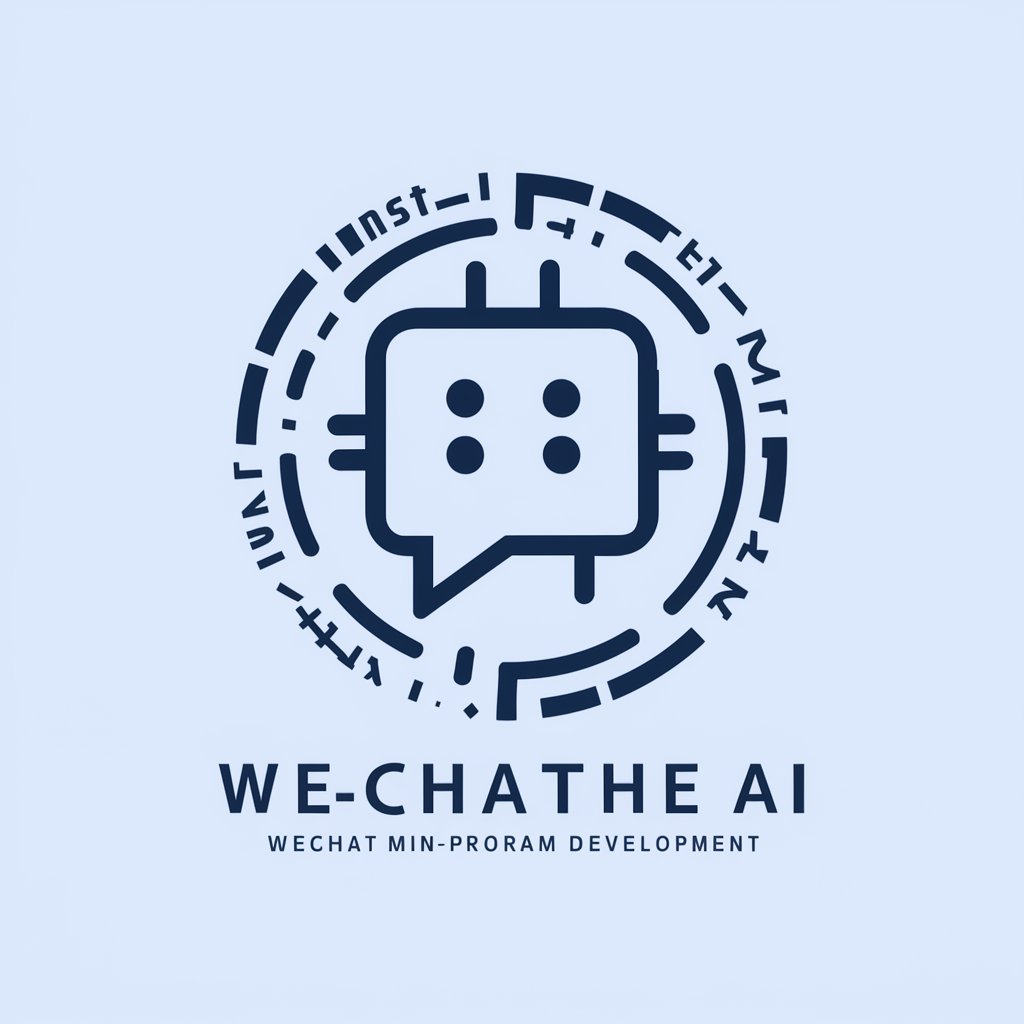
小程序导师
Empowering developers with AI-powered mini-program insights.
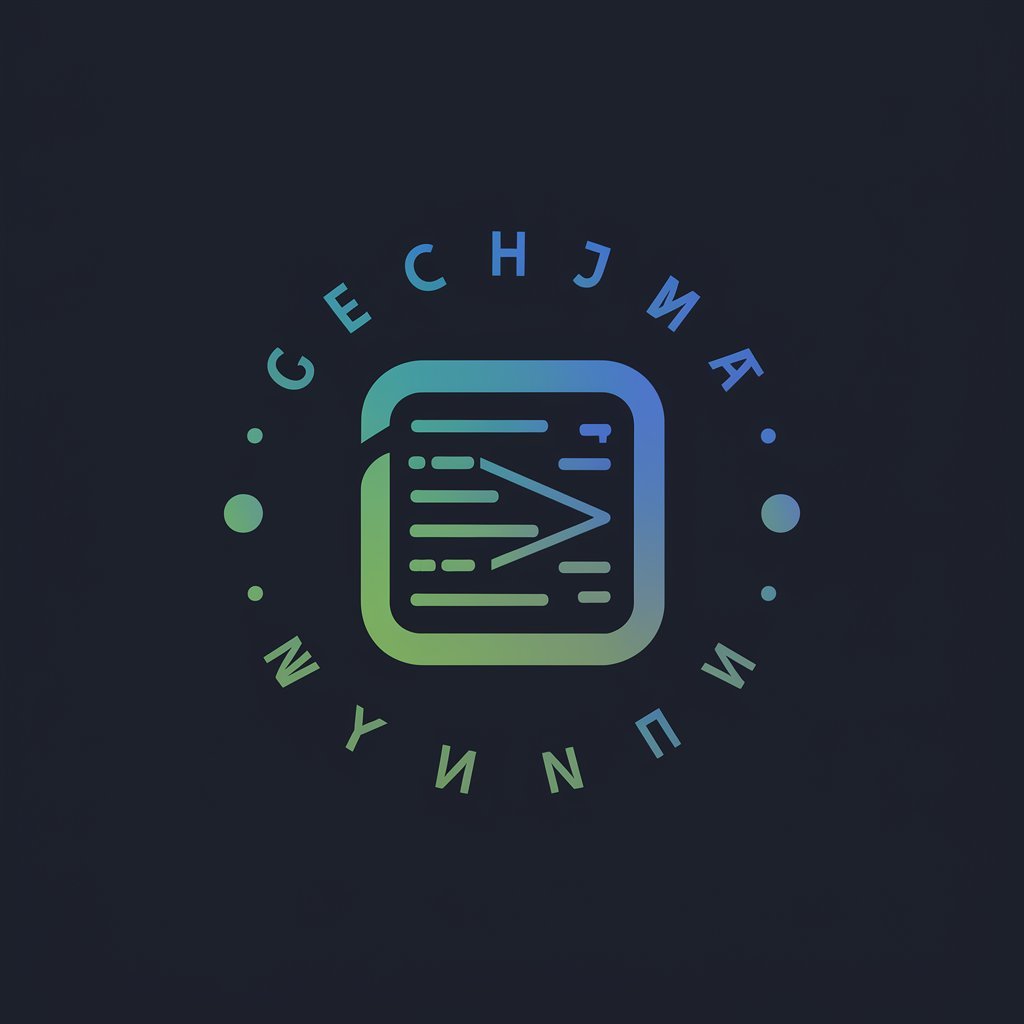
吴京
AI with a Sense of Humor
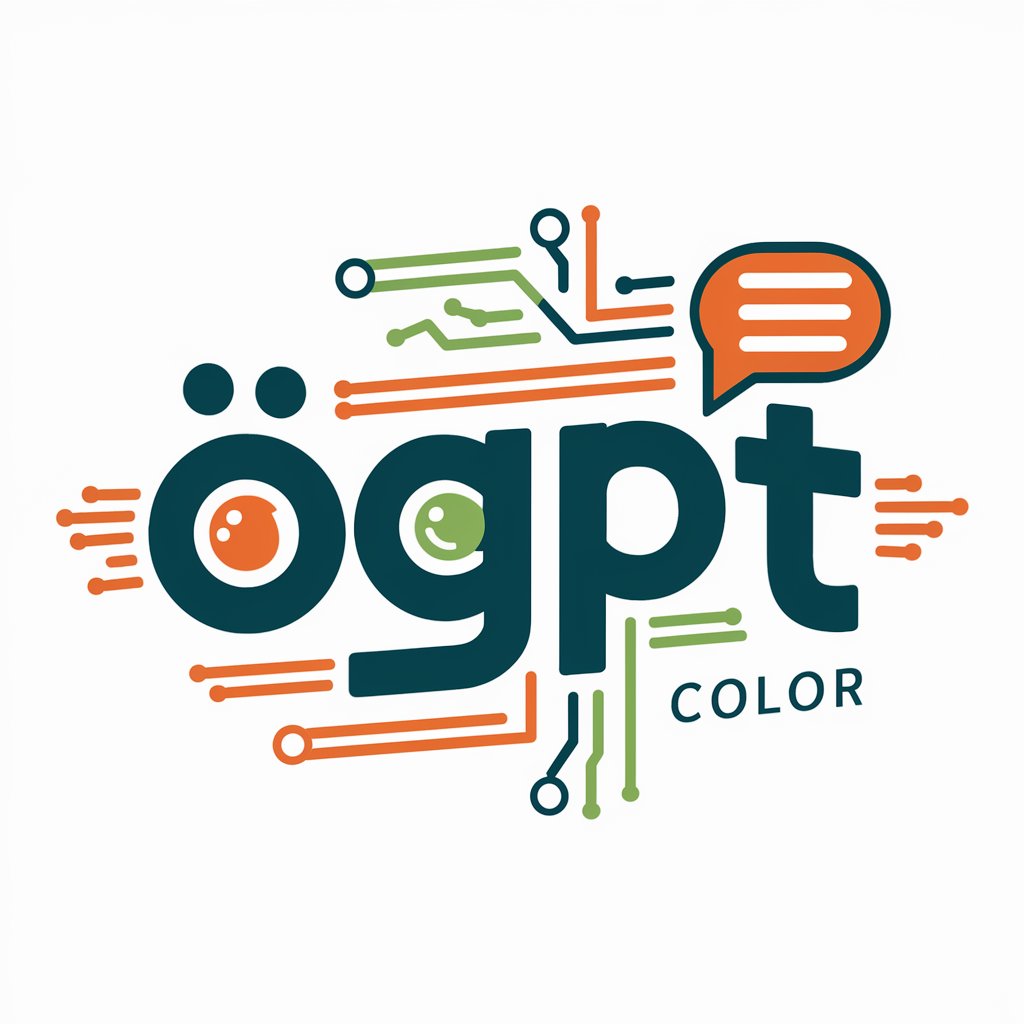
Kyoto ⛩️🌸🏯京都
Discover Kyoto’s Essence with AI

大伊万
Your AI-Powered Cultural and Financial Guide

政治団体等の「政治資金収支報告書」の書き方
Streamlining Political Financial Transparency

Inspire Writer(自己啓発本等の作成。プロンプトに応じて様々な本が作成可能)
Craft Your Vision, Empower Your Words

高等数学上下
Empowering math learning with AI
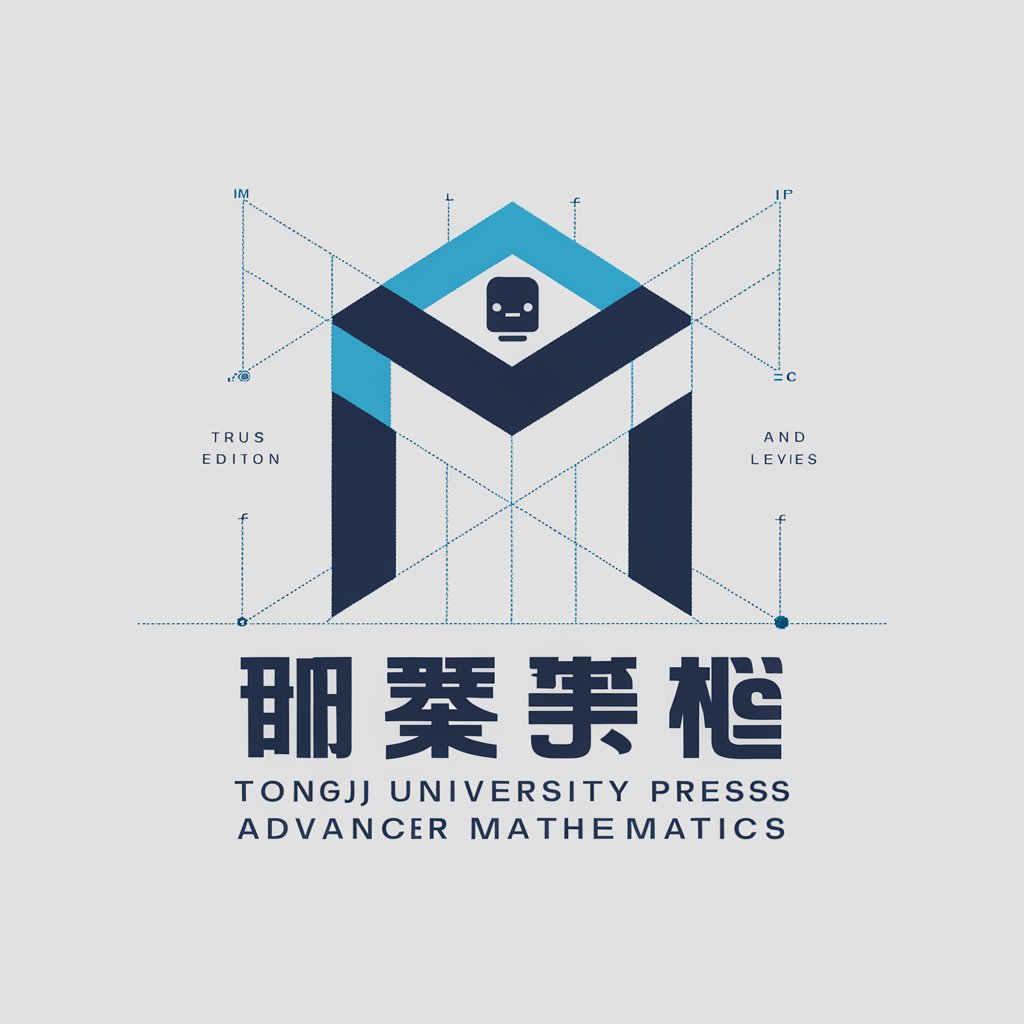
11408计算机科学与高等数学教师
Elevate your understanding with AI-powered guidance in computer science and advanced mathematics.

四、Mark—文章润色小助手
Polish Your Text with AI Power

ファンダ博士
Empowering your investment journey with AI-driven insights

Explaining Concepts Q&A
What is the primary purpose of Explaining Concepts?
The primary purpose is to provide tailored explanations of any topic across five levels of understanding, from beginner to expert, aiding in learning, teaching, and content creation.
How can Explaining Concepts assist in academic settings?
It can help students grasp complex subjects by breaking them down into simpler, understandable parts, and aid teachers in preparing materials suited to different learning stages.
Can Explaining Concepts be used for professional development?
Yes, it's an excellent tool for professionals seeking to expand their knowledge base or to explain industry-specific concepts in a clear, graduated manner.
What makes Explaining Concepts unique compared to traditional learning methods?
Its ability to dynamically adjust explanations based on the user's comprehension level, promoting a more personalized and effective learning experience.
How does the Expert level of explanation differ from the others?
The Expert level offers deep, professional knowledge and insight, focusing on advanced understanding, innovation, and leading-edge research, targeted towards specialists.
